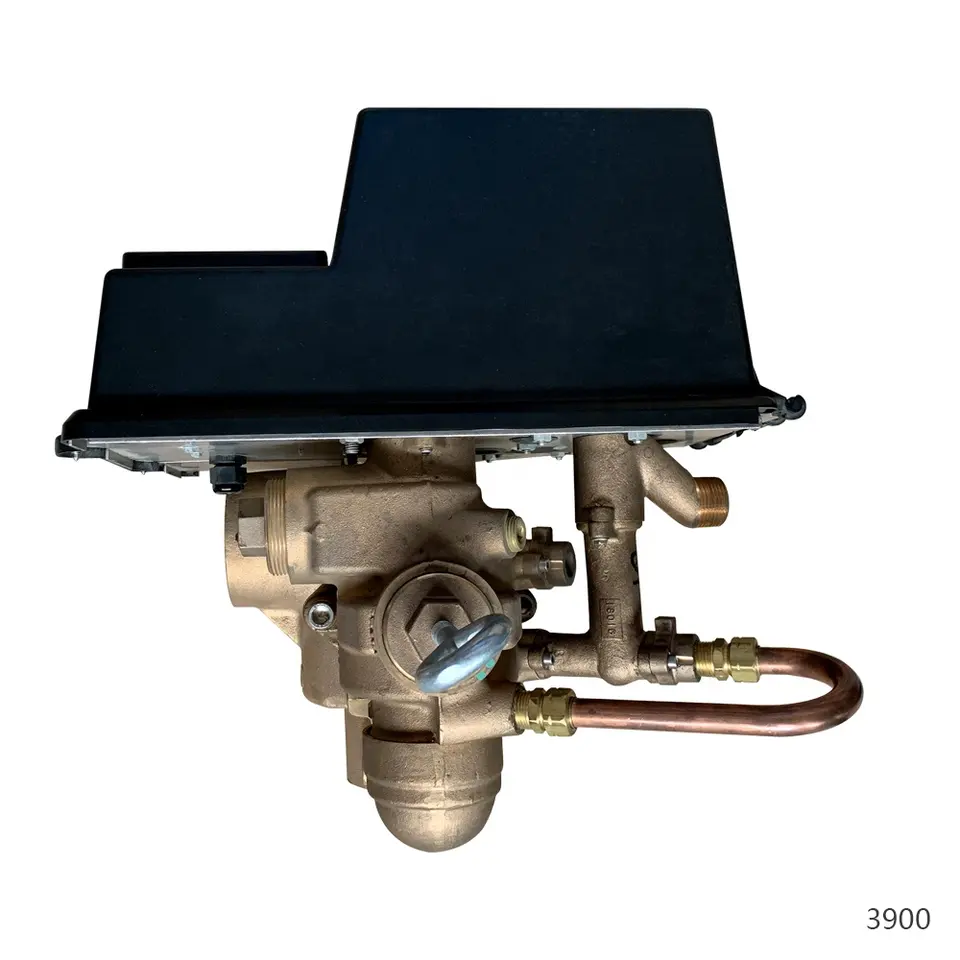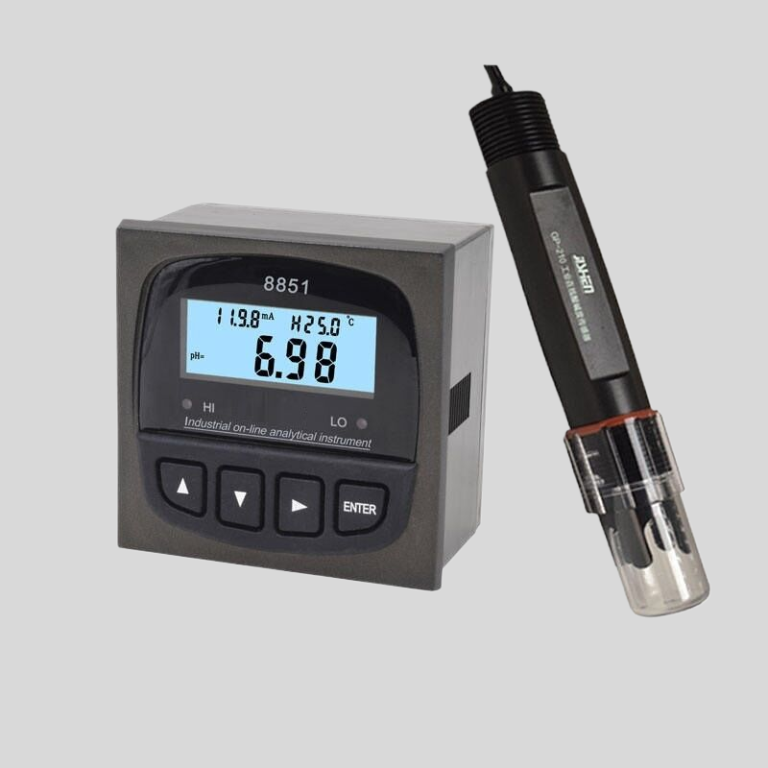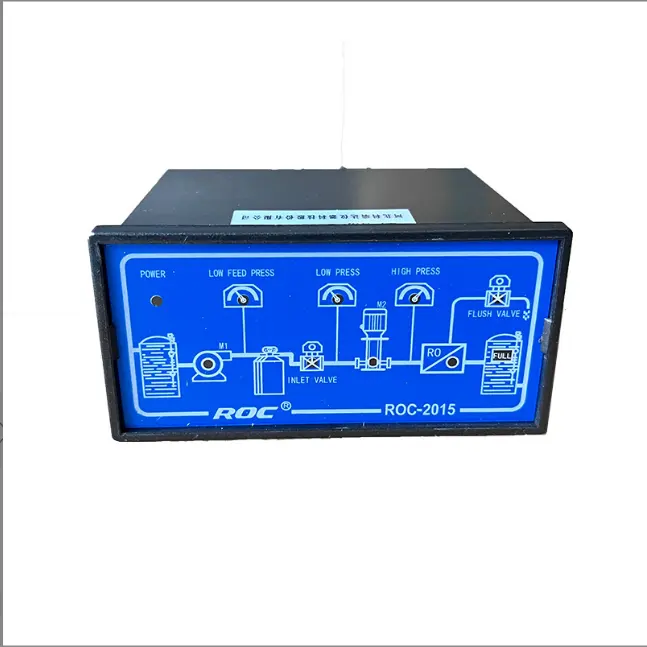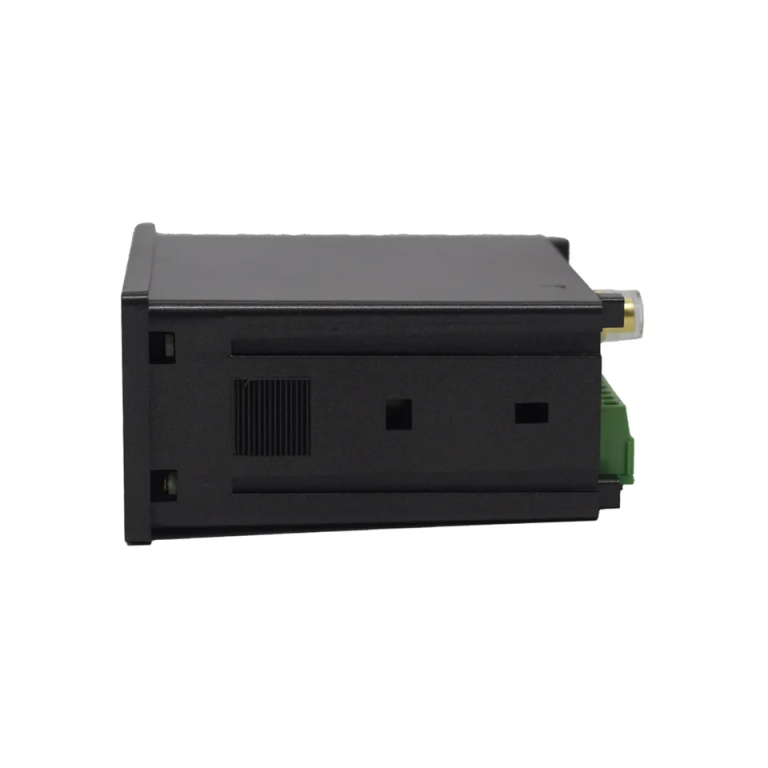“Keep your water softener running smoothly with regular filter changes.”
Table of Contents
Signs That Indicate It’s Time to Change Your Water Softener Filter
Water softeners are essential appliances in many households, as they help to remove minerals such as calcium and magnesium from water, which can cause limescale buildup in pipes and appliances. However, in order for a water softener to work effectively, it is important to regularly maintain and replace the filter. The filter in a water softener is responsible for trapping and removing impurities from the water, ensuring that the softened water is clean and safe for use.
| Model | MSS2 | ASS2 -LCD/LED |
| Working Position | Service->Back Wash->Upflow Brine and slow rinse-> Fast rinse->Refill the softener water->Service . | |
| Regeneration mode | Manual | Automatic type |
| Meter Delay | ||
| Meter immediate | ||
| Intelligent Meter Delay | ||
| Intelligent Meter Immediate | ||
| Timer by day : 0-99 days | ||
| Timer by hours: 0-99 hours | ||
| Inlet | 3/4” | 3/4” 1” |
| Outlet | 3/4” | 3/4” 1” |
| Drain | 1/2” | 1/2” |
| Base | 2-1/2” | 2-1/2” |
| Riser pipe | 1.05” OD | 1.05” OD |
| Water Capacity | 2m3/h | 2m3/h |
| Working Pressure | 0.15-0.6Mpa | 0.15-0.6Mpa |
| Working Temperature | 5-50° C | |
| Power Supply | No Need Power | AC100-240 / 50-60Hz / DC12V-1.5A |
One of the most common signs that indicate it’s time to change your water softener filter is a decrease in water pressure. If you notice that the water pressure in your home has decreased significantly, it could be a sign that the filter in your water softener is clogged and needs to be replaced. A clogged filter can restrict the flow of water through the system, leading to a decrease in water pressure throughout your home.

Another sign that it’s time to change your water softener filter is a change in the taste or smell of your water. If you notice that your water has a strange taste or odor, it could be a sign that the filter in your water softener is no longer effectively removing impurities from the water. This can result in the presence of contaminants in your water, which can affect its taste and smell.
Additionally, if you notice that your water softener is not producing softened water as effectively as it used to, it could be a sign that the filter needs to be replaced. Over time, the filter in a water softener can become saturated with impurities, reducing its ability to effectively remove minerals from the water. This can result in hard water entering your home, which can lead to limescale buildup in pipes and appliances.
It is important to regularly check and replace the filter in your water softener to ensure that it continues to work effectively. Most manufacturers recommend replacing the filter every 6 to 12 months, depending on the level of water hardness in your area and the amount of water your household uses. However, if you notice any of the signs mentioned above, it is important to replace the filter as soon as possible to prevent any damage to your water softener or plumbing system.
In conclusion, maintaining and replacing the filter in your water softener is essential for ensuring that it continues to work effectively. Signs that indicate it’s time to change your water softener filter include a decrease in water pressure, a change in the taste or smell of your water, and a decrease in the effectiveness of your water softener. By regularly checking and replacing the filter in your water softener, you can ensure that your water remains clean and safe for use.
How Often Should You Change Your Water Softener Filter?
Water softeners are essential appliances in many households, as they help to remove minerals such as calcium and magnesium from water, which can cause limescale buildup in pipes and appliances. One important component of a water softener is the filter, which helps to trap these minerals and prevent them from entering your water supply. But how often should you change your water softener filter?
The frequency at which you should change your water softener filter depends on several factors, including the type of filter you have, the hardness of your water, and the size of your household. In general, most manufacturers recommend changing the filter every 3 to 6 months. However, if you have particularly hard water or a large household, you may need to change the filter more frequently.
One way to determine when to change your water softener filter is to monitor the water quality in your home. If you start to notice a decrease in water pressure, or if you see a buildup of limescale on your faucets or appliances, it may be time to change the filter. Additionally, if you notice a change in the taste or smell of your water, this could also indicate that the filter needs to be replaced.
Another factor to consider when determining when to change your water softener filter is the type of filter you have. Some filters are designed to be disposable and should be replaced regularly, while others are reusable and can be cleaned and reused multiple times. If you have a disposable filter, be sure to follow the manufacturer’s recommendations for when to change it. If you have a reusable filter, be sure to clean it regularly to ensure optimal performance.
It’s also important to consider the size of your household when determining when to change your water softener filter. A larger household will use more water, which means that the filter will need to be replaced more frequently. Additionally, if you have particularly hard water, the filter may become clogged more quickly and need to be changed more often.
In conclusion, the frequency at which you should change your water softener filter depends on several factors, including the type of filter you have, the hardness of your water, and the size of your household. In general, most manufacturers recommend changing the filter every 3 to 6 months, but this may vary depending on your specific circumstances. By monitoring the water quality in your home and following the manufacturer’s recommendations, you can ensure that your water softener is working effectively and providing you with clean, soft water.




